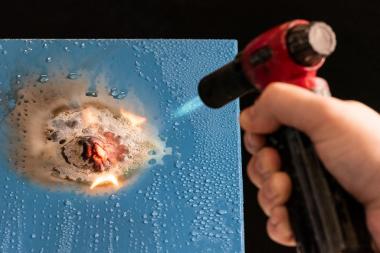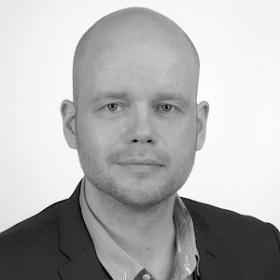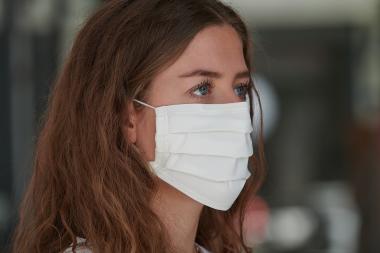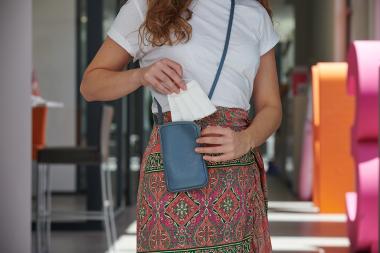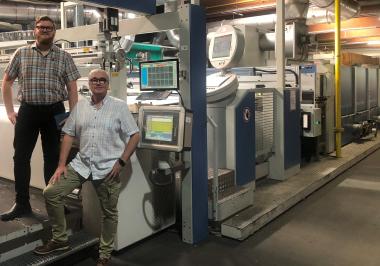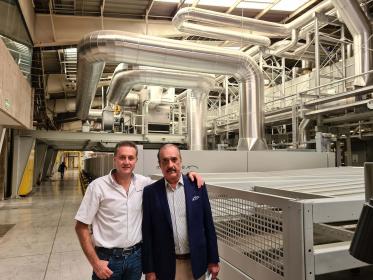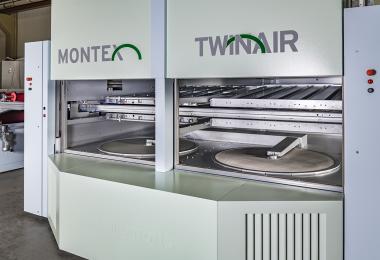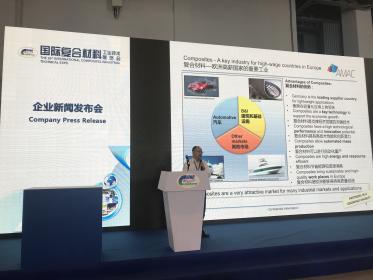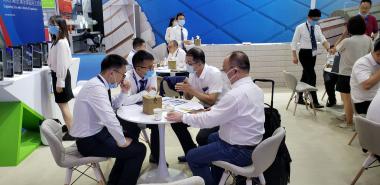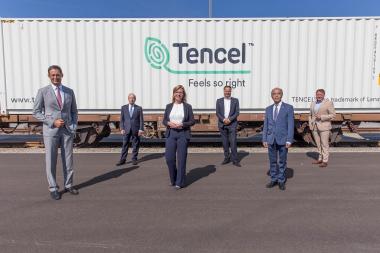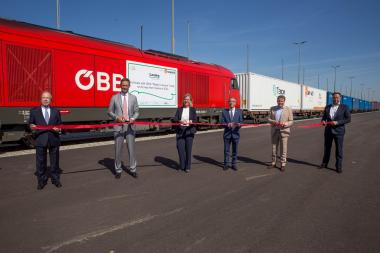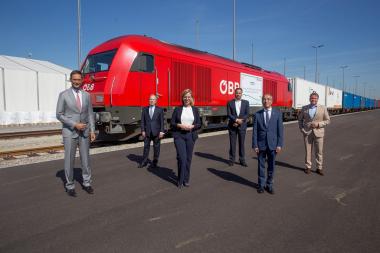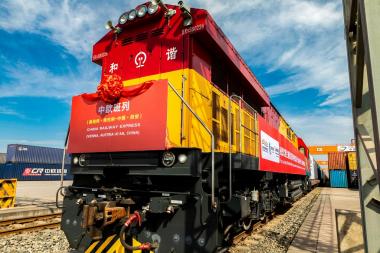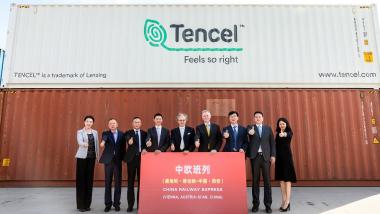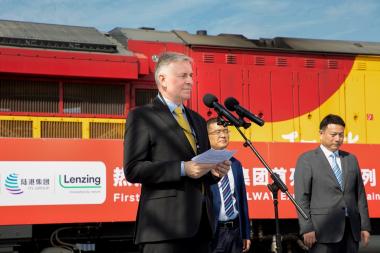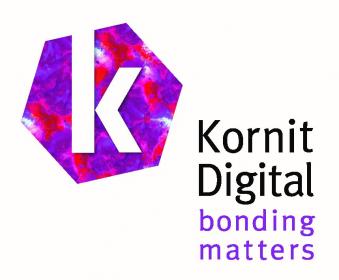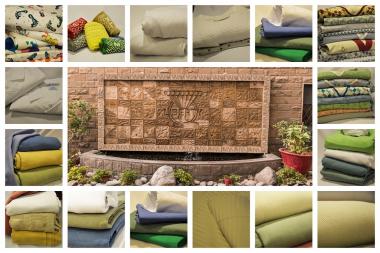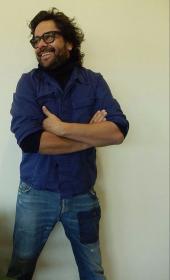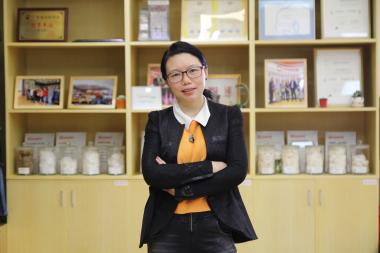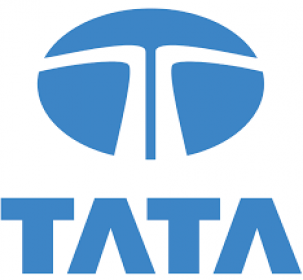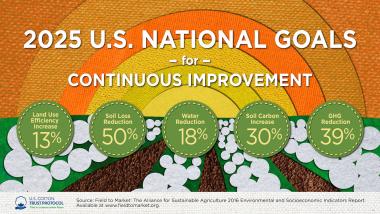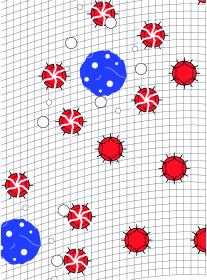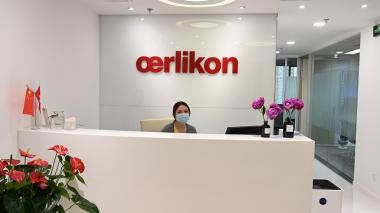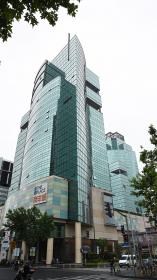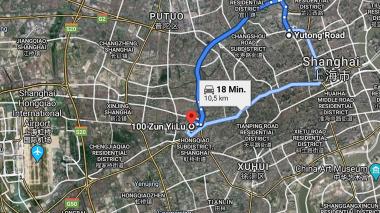Cooperation AMAC and FINNESTER
- Finnish coating and gelcoat manufacturer Finnester strengthens its activities in the D-A-CH region with AMAC
As of September 15th 2020, the Finland-based coating and gelcoat manufacturer Finnester Coatings Oy strengthens its activities in German speaking countries, the so-called D- A-CH region, comprising Germany, Austria and Switzerland with Dr. Michael Effing from AMAC.
Finnester is a pioneer in developing high-quality coatings and gelcoat for both urface spread as well as flame and thermal insulation of composite solutions in different fields of industries. Their portfolio comprises products based on Polyester coatings for fire and thermal protection as well as ceramifying polymers like HybridRED, compliant with the requirements of the standards e.g. EN45545-2. In
order to develop new business opportunities in the D-A-CH region for the endmarkets building and infrastructure, transportation, marine, industrial and electrical industries, Finnester is cooperating with AMAC to accelerate the process of locating suitable partnerships.
Ari Hokkanen, CEO of Finnester: “Finnester has developed unique high-quality coatings. The cooperation with AMAC will accelerate our growth ambitions and supports us in finding new business opportunities. We are happy to benefit from AMAC and Dr. Effing’s long-term experience as a pioneer in the composites industry and his high-quality network along the entire value chain.” Dr. Effing, CEO of AMAC GmbH confirms: “Fire-retardant coatings are very important to the composites industry in order to be successful especially in rail, fast ferry and building & infrastructure applications with their tough fire standards. The DACH region represents more than 30 % of the European market and is the key target for Finnester. I am looking forward to supporting Finnester with their unique offerings and connecting them with key players in the D-A-CH region.”


